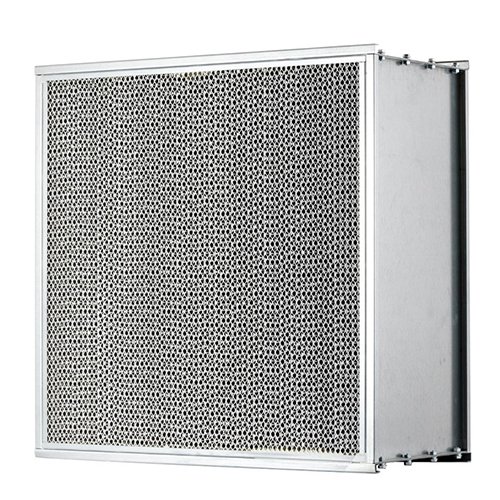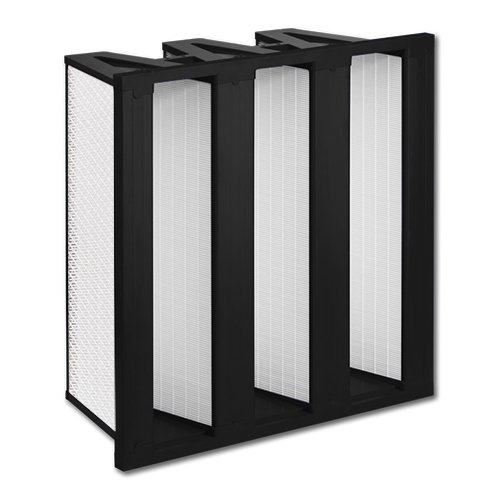The Fiberglass Air Filter and its prowess in Environmental Management
Within the manifold innovations driven by our quest for a cleaner environment, the fiberglass air filter takes center stage. Comprised of a dense mat of fibers arranged in a random pattern, the fiberglass air filter performs an indispensable role in air purification.
On guiding the lens of analysis towards the filter media, fiberglass wins the laurels for its exceptional filtration efficiencies. Composed of miniscule spun glass fibers, fiberglass air filters work by the mechanism of impingement. The denser web of glass fibers traps airborne particles and contaminants, thereby ensuring better air quality.
In the realm of fiberglass air filters, a shining beacon is the HEPA (High Efficiency Particulate Air) filter. The HEPA filter consists of tightly interwoven fiberglass strands, which efficiently capture small, medium, and large-sized airborne particles. The efficiency of a HEPA filter is quite unbelievable - capable of trapping 99.97% of particles that are 0.3 microns in size. It works in type of v cell (also called v bank), deep pleat filter, mini pleat filter, sometimes it comes with a fan, to be a FFU (Fan Filter Unit). Interestingly, the HEPA filter’s efficiency accelerates as the particle size reduces, making it an unmatched solution for spaces requiring extremely high levels of cleanliness.

Diving into the specifications, the HEPA fiberglass air filter ranges in size, allowing for deployment in various applications. The filter thickness can be anywhere between 50-150mm, and the standard dimension is 610mm x 610mm x 50mm. Other specifics, such as frame styles, gasket placement, and filter face-grill, can be custom-ordered to meet a specific application’s needs.
The effectiveness of fiberglass and HEPA technology combined broadens the range of applications. Medical facilities, cleanrooms for semiconductor manufacturing, precision machinery sectors, and other such areas requiring strict particle control use HEPA fiberglass air filters. Given the high-efficiency capabilities, these filters are also deployed in nuclear power plants and pharmaceutical manufacturing units where even a slight contamination can lead to serious ramifications.

Furthermore, the HVAC equipment in residential and commercial spaces often employs fiberglass air filters to improve the indoor air quality. They are ideal for capturing common allergens, reducing the potential for health issues arising from indoor air pollutants. Consequently, users afflicted with allergies or asthma will find a noticeable improvement in their health conditions with HEPA fiberglass air filters installed in their HVAC systems.
Another essential application of the fiberglass air filter is in automobiles. Vehicle engines require a constant supply of clean air to avoid impurities passing into the engine, which could lead to device inefficiency or potential damage. This need is aptly addressed by fiberglass air filters that maintain engine performance by keeping impurities at bay.
Indeed, the HEPA fiberglass air filter has become a cornerstone solution in spaces requiring ultra-clean air. Its extensive range of applications underscores its unmatched proficiency in maintaining environment cleanliness. While cost and filter replacement frequency are matters of consideration, the extensive advantages offered by fiberglass air filters outshine these elements.
In conclusion, the fiberglass air filter, with its exceptional filtration media and particularly the HEPA variation, guarantees superior air purity in both professional and home environments. Cognizance of its specifications, uses, and intricacies helps in recognizing the indispensable role it plays in environmental management. Given its versatility and effectiveness, the fiberglass air filter stands proudly as the much-revered fortress against air contaminants.


